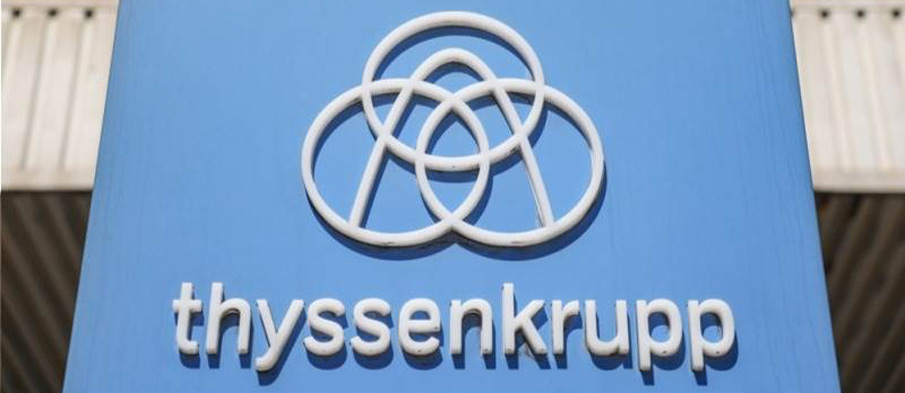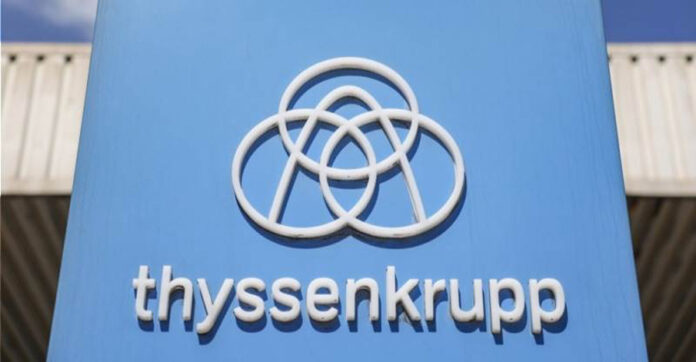
Thyssenkrupp Steel Europe (TKSE), Germany’s largest steelmaker and a division of Thyssenkrupp AG, has announced plans to reduce its workforce by 11,000, equivalent to roughly 40% of its employees. This move is part of a comprehensive restructuring strategy aimed at addressing mounting challenges, including competition from lower-cost Asian producers, high energy prices, and a sluggish global economy.
The workforce reduction will be achieved through the elimination of 5,000 positions by 2030, alongside an additional 6,000 jobs through the sale of business activities or transfers to external service providers. TKSE also plans to scale down its production capacity from 11.5 million metric tons to a shipment target of 8.7–9 million tons to align with declining market demand.
Key measures include the closure of the Kreuztal-Eichen processing site and a potential sale or closure of the Duisburg Huettenwerke Krupp Mannesmann plant. The restructuring comes as Thyssenkrupp’s steel division continues to suffer losses, with operating deficits reported in four of the past five years. Earlier this month, the company wrote down the division’s value by €1 billion, reducing it to €2.4 billion—less than half its valuation two years ago.
The announcement has sparked strong opposition from IG Metall, Germany’s influential metalworkers’ union. “Anyone who wants to cut over 11,000 jobs and close a site must expect fierce resistance,” stated Knut Giesler, head of the union in North Rhine Westphalia.
This restructuring reflects broader economic challenges in Germany, with other industrial giants like Volkswagen also grappling with potential factory shutdowns and cost-cutting measures.





